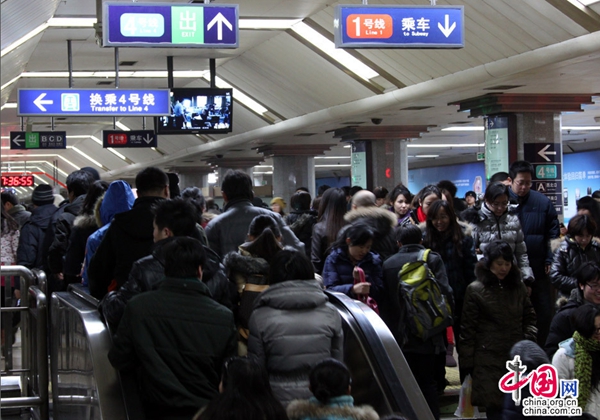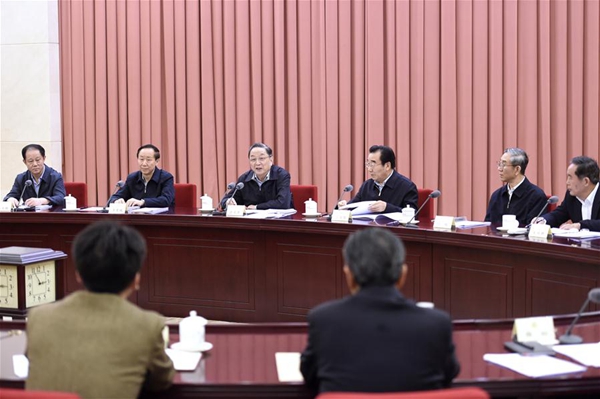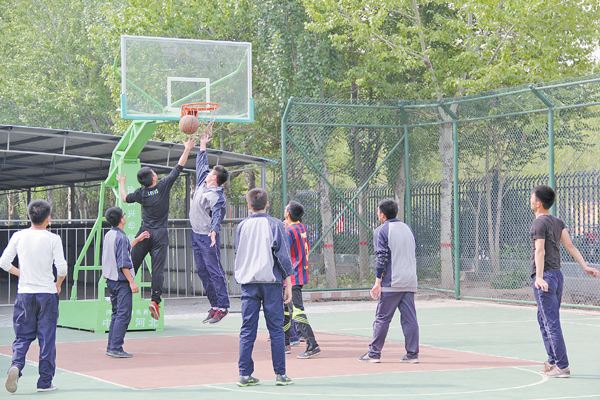|

|
|
Permanent residence will enjoy the same rights as Chinese citizens in areas such as investment, housing purchases and schooling. [Photo/Xinhua]
|
The latest benefit of the Shanghai Free Trade Zone (FTZ) is to its non-Chinese residents, who can apply for permanent residence in China simply with a letter of recommendation from the FTZ authorities.
According to the social security bureau of Shanghai Pudong New Area, the new policy will take effect in mid-April, and apply to both the applicants and their spouses and minor children.
The move was made following 10 rules related to China’s entry and exit policy announced by the Ministry of Public Security (MPS), which authorize Shanghai Zhangjiang National Innovation Demonstration Zone and Shanghai FTZ to recommend high-level foreign staff for permanent residence permits, Chinese “green cards”.
Those with permanent residence will enjoy the same rights as Chinese citizens in areas such as investment, housing purchases and schooling.
The reform is to support Shanghai’s ambition of becoming a world sci-tech innovation hub.
Those who qualify for the fast track application include well-known award winners or high-level talent scheme finalists, such as Nobel laureates, the Chinese government “Friendship Award” and other world-class, national and municipal awards; people in charge of Shanghai FTZ-based national laboratories, engineering laboratories, foreign investment R&D institutions, and top-level talent from innovation and start-up enterprises.
A Chinese green card is one of the hardest to obtain with no more than 7,000 issued since 2004, when the policy was introduced. That compares with about 600,000 foreigners currently living in China, and the application procedure is rather complicated.
In 2016, 1,576 foreigners became permanent Chinese residents, an increase of 163 percent on the previous year, according the MPS.
China has made huge progress in easing its residence and entry policies for foreigners since September 2015, which has helped attract more talent from overseas as well as boosting international exchanges and the economy, according to a ministry statement.
Shanghai saw six times more permanent residence applications from foreigners and their families in 2016 from 2015. The number of such applications in Beijing last year increased 426 percent.




